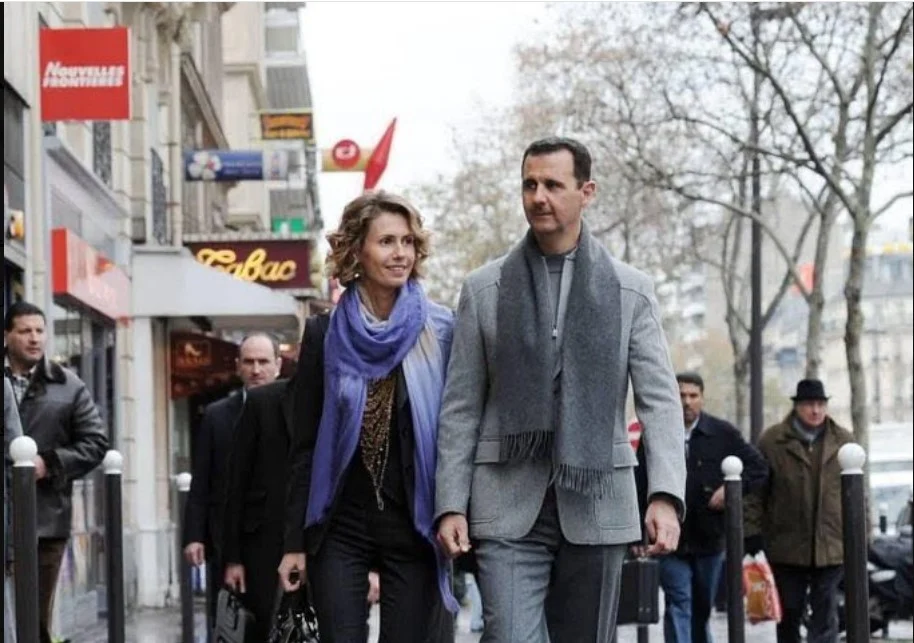According to a report by the British newspaper “Financial Times”, the regime of former Syrian President Bashar al-Assad transferred about 250 million dollars in cash to Moscow via flights over a period not exceeding two years, in exchange for military aid and Russian goods.
The newspaper, which has seen records confirming the transfer of money to Russia, said Assad did it while the country was suffering from a severe shortage of foreign currency.
“Assad flew almost two tons of banknotes in denominations of 100 dollars and 500 euros to Vnukovo airport in Moscow, to deposit them in sanctioned Russian banks, between 2018 and 2019,”she said.
She explained that this period coincided with Syria’s dependence on the Kremlin’s military support, and the Assad family’s resort to buying luxury real estate in Moscow.
David Schenker, US Assistant Secretary of State for Near Eastern affairs between 2019 and 2021, said the transfers were not surprising given that the Assad regime regularly sends money abroad, with the aim of “securing its illicit gains abroad”.
“Russia has been a haven for the Assad regime’s finances for years,” said Iyad Hamed, a researcher at the Syrian legal development program, noting that Moscow became a “center” for evading Western sanctions imposed after 2011.
The “Financial Times” said that Russian trade records from import Genio, an export data service, showed that on May 13, 2019 a plane carrying 10 million dollars of 100-dollar banknotes, sent on behalf of the Central Bank of Syria, landed at Moscow’s Vnukovo airport.
In February 2019, the central bank transferred about 20 million euros, from 500 euro banknotes.
She explained that in total, there were 21 flights between March 2018 and September 2019 carrying a value of more than 250 million dollars.
There were no such cash transfers between the Central Bank of Syria and Russian banks before 2018, according to the records, the registration of which began in 2012.
A person familiar with the data of the Central Bank of Syria said that foreign reserves were “almost non-existent” by 2018 in Syria.
“Due to sanctions, the bank had to make payments in cash,”he added.

The source said the money was used to buy wheat from Russia, pay for money printing services and defense expenses.
“When a country is completely besieged and under sanctions, it only has cash,”he added.
Syrian cash transfers have previously attracted the attention of Washington, which imposed sanctions on them.
In 2015, the US Treasury Department accused the former governor of the Central Bank of Syria, Adib Mayala, and an employee of the central bank, named Batool Rida, of facilitating wholesale cash transfers to the regime to Russia, and managing fuel-related transactions to collect foreign currency.
Records show that cash delivered to Moscow in 2018 and 2019 was transferred to the Bank of the Russian financial institution, a Russian bank based in Moscow and controlled by the Russian state arms export company.
At the time, the US Treasury Department imposed sanctions on the bank for facilitating cash transfers and enabling “millions of dollars of illegal transactions, foreign currency transfers, and sanctions evasion schemes for the benefit of the Syrian government”.
In March 2018, records show that the Central Bank of Syria also shipped two million dollars to another Russian bank, the “TSMR” Bank, which was also sanctioned by the United States.
On the other hand, the newspaper noted that “with Russian financial institutions receiving cash from Syria, Iran, another supporter of Assad, has developed schemes to channel hard currency to the former regime.
